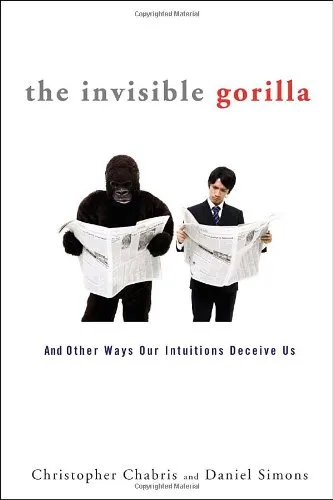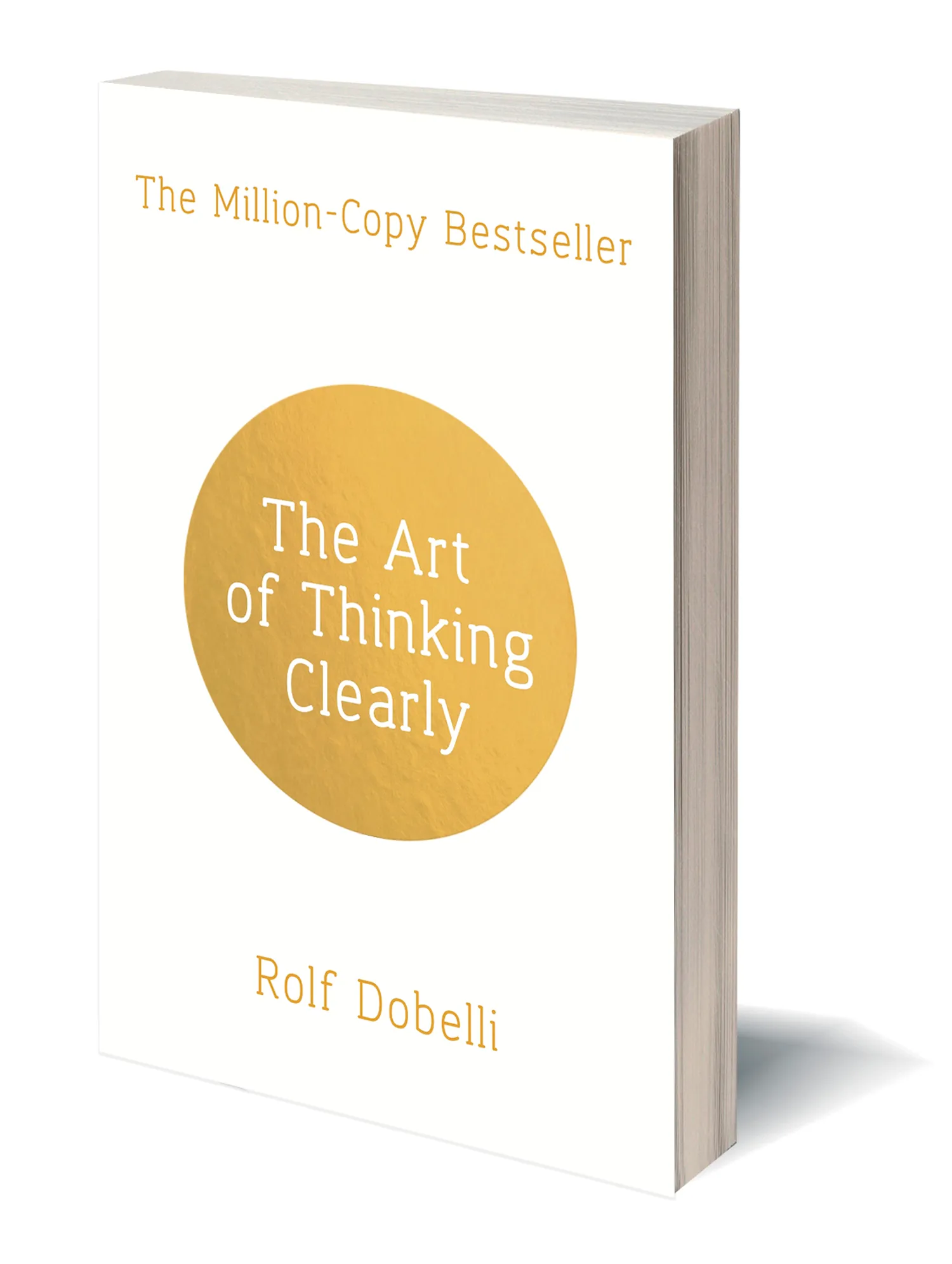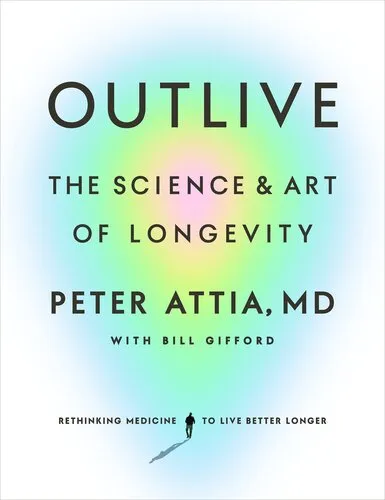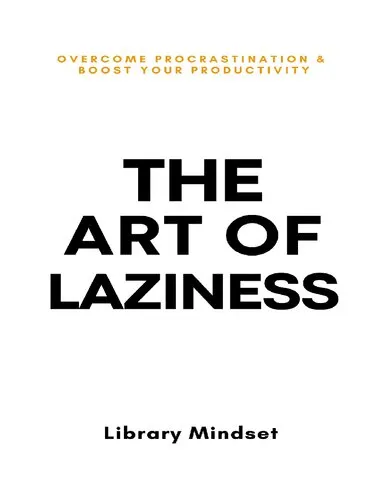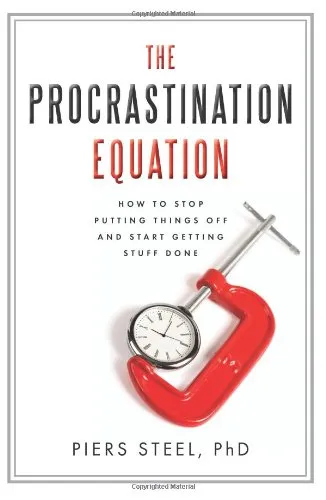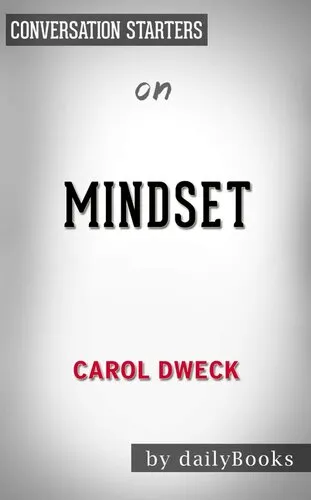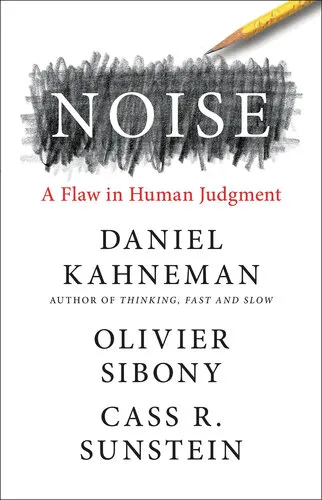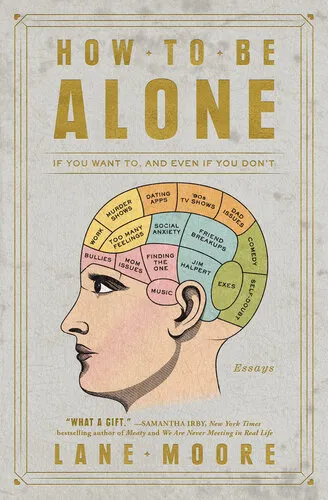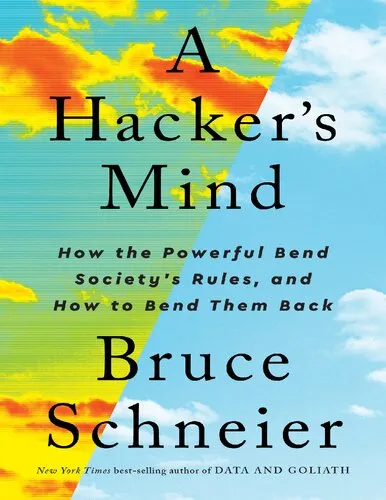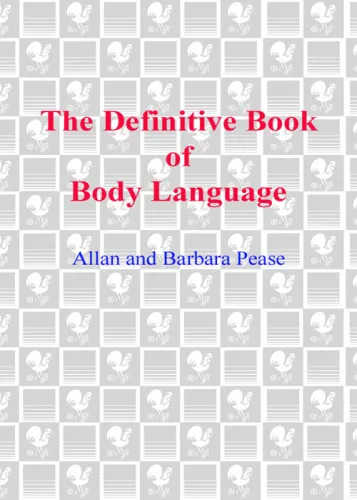The Invisible Gorilla: And Other Ways Our Intuitions Deceive Us
4.5
بر اساس نظر کاربران

شما میتونید سوالاتتون در باره کتاب رو از هوش مصنوعیش بعد از ورود بپرسید
هر دانلود یا پرسش از هوش مصنوعی 2 امتیاز لازم دارد، برای بدست آوردن امتیاز رایگان، به صفحه ی راهنمای امتیازات سر بزنید و یک سری کار ارزشمند انجام بدینکتاب های مرتبط:
مقدمهای بر کتاب 'The Invisible Gorilla: And Other Ways Our Intuitions Deceive Us'
کتاب 'The Invisible Gorilla' نوشته کریستوفر چابریس و دانیل سیمونز، یکی از برجستهترین آثار در زمینهی بررسی درک و شهود انسانی است. این کتاب به طرز ماهرانهای به چگونگی فریب مداوم شهود ما و شکستهای ذهنیای که در نتیجه آن دچار میشویم، میپردازد. این متن قصد دارد تا به شکلی جامع و سازمانیافته، محتوای کلیدی این اثر را برای علاقهمندان به تحلیلهای روانشناختی و شناختی ارائه دهد.
خلاصهای از کتاب
کتاب 'The Invisible Gorilla' بر اساس آزمایشی معروف که توسط نویسندگان انجام شده است، نوشته شده و این آزمایش نشان میدهد چگونه افراد حتی از مشاهده تغییرات آشکار و مهم در محیط خود غافل میمانند. این آزمایش، که به عنوان "تست گوریل نامرئی" مشهور است، نشان دهنده تاثیر پدیدهای به نام "blindness attentional" یا نادیدنی انتخابی است. کتاب با استفاده از مثالهای گوناگون و دادههای علمی نشان میدهد که ذهن ما چگونه مستعد خطاهای بصری و ذهنی، از جمله overconfidence و misconceived notions در مورد حافظه و مشاهده است.
نکات کلیدی
- تفکر Critically: نویسندگان بر اهمیت فکر Critically در ارزیابی شهود و ادراکات روزمره تاکید میکنند.
- اثر Illusions: چابریس و سیمونز توضیح میدهند که چگونه خطاهای شناختی از طریق Illusions ادراکی و عقلانی شکل میگیرند.
- تفکر متساهل: کتاب به بررسی اهمیت پذیرش محدودیتها و بازاندیشی در مورد تواناییهای شناختیمان میپردازد.
نقلقولهای معروف از کتاب
"آنچه نمیبینیم - گوریل نامرئی - میتواند به همان اندازه آسیبپذیر باشد که آنچه میبینیم."
چرا این کتاب مهم است؟
کتاب 'The Invisible Gorilla' به خوانندگان کمک میکند تا جهان را با نگاهی متفاوت ببینند و به ما میآموزد که دریافتهای روزانه ما همیشه آنچه که به نظر میرسند نیستند. این اثر برای روانشناسان، دانشمندان شناختی، و هرکسی که به دنبال درک بهتر رفتار انسانی و پردازش اطلاعات است، بسیار ارزشمند است. علاوه بر این، این کتاب به خوانندگان راههای جدیدی برای افزایش دقت و آگاهی در زندگی روزمره ارائه میدهد و به ما یادآوری میکند که اعتماد به تواناییهای شهودیمان همیشه بهترین راه حل نیست.
Welcome to an insightful journey through the depths of human intuition and perception. "The Invisible Gorilla: And Other Ways Our Intuitions Deceive Us," authored by Christopher Chabris and Daniel Simons, delves into the pervasive and often surprising gaps between how we think we perceive the world and how our minds truly work. This book challenges our assumptions and reveals profound insights into the ways our brains deceive us every day.
Detailed Summary of the Book
The book begins with the famous "invisible gorilla" experiment, where participants watching a video of individuals passing a basketball often fail to notice a person in a gorilla suit walking through the scene. This experiment exemplifies how selective attention can blind us to significant details. Chabris and Simons explore several cognitive illusions, highlighting ways in which our intuitions can be deceptive.
Throughout the book, the authors discuss various psychological phenomena such as "change blindness," the "illusion of memory," and the "confidence test." These concepts illustrate how our memory can be inaccurate, how we can miss dramatic changes in the environment, and how unjustified confidence in memory and knowledge can lead us astray.
Chabris and Simons also address the "illusion of knowledge," pointing out how people often overestimate their understanding of the world. They argue that these cognitive illusions have serious implications in modern society, affecting decision-making in areas like healthcare, finance, and law.
Each chapter combines engaging storytelling with rigorous scientific research, leaving readers with a deeper understanding of how our mind works—and fails. By drawing on a wide array of psychological studies and real-world examples, the authors make a convincing case that recognizing these illusions is critical to improving our thought processes.
Key Takeaways
- Selective attention can cause us to overlook unexpected events, as demonstrated in the "invisible gorilla" experiment.
- Memory is not as reliable as we think. It can be flawed and susceptible to alterations over time.
- People's confidence in their memory and knowledge can often exceed their actual ability.
- Awareness of cognitive illusions can enhance decision-making and foster realistic expectations of human perception.
- Understanding these illusions is vital for improving judgement in critical fields such as healthcare, finance, and law.
Famous Quotes from the Book
"The main point of the invisible gorilla illusion is not that people fail to notice the unexpected, but that they should be ready to expect the unexpected."
"Knowing that these illusions of attention exist can help us become more vigilant observers."
Why This Book Matters
"The Invisible Gorilla" is crucial in helping us understand the gap between perception and reality. By exposing how our intuitions can lead us astray, Chabris and Simons provide the tools needed to critically evaluate our thought processes. In an ever-complex world where information overload is common, the insights from this book can significantly impact how we interpret events around us and make informed decisions.
Furthermore, the authors emphasize the importance of acknowledging and understanding our cognitive limitations. Doing so can lead to enhanced personal and professional growth, bridging the gap between what we perceive and what actually is, and ultimately contributing to more effective communication and better societal outcomes.
In summary, "The Invisible Gorilla" offers a compelling invitation to challenge our perceptions and reassess the intuitive judgments we rely on daily. By doing so, we empower ourselves to recognize the true fabric of reality, thus avoiding the pitfalls of cognitive illusions.
دانلود رایگان مستقیم
شما میتونید سوالاتتون در باره کتاب رو از هوش مصنوعیش بعد از ورود بپرسید
دسترسی به کتابها از طریق پلتفرمهای قانونی و کتابخانههای عمومی نه تنها از حقوق نویسندگان و ناشران حمایت میکند، بلکه به پایداری فرهنگ کتابخوانی نیز کمک میرساند. پیش از دانلود، لحظهای به بررسی این گزینهها فکر کنید.
این کتاب رو در پلتفرم های دیگه ببینید
WorldCat به شما کمک میکنه تا کتاب ها رو در کتابخانه های سراسر دنیا پیدا کنید
امتیازها، نظرات تخصصی و صحبت ها درباره کتاب را در Goodreads ببینید
کتابهای کمیاب یا دست دوم را در AbeBooks پیدا کنید و بخرید
1484
بازدید4.5
امتیاز0
نظر98%
رضایتنظرات:
4.5
بر اساس 0 نظر کاربران
Questions & Answers
Ask questions about this book or help others by answering
No questions yet. Be the first to ask!
